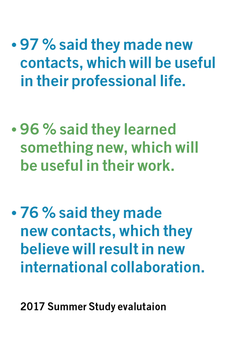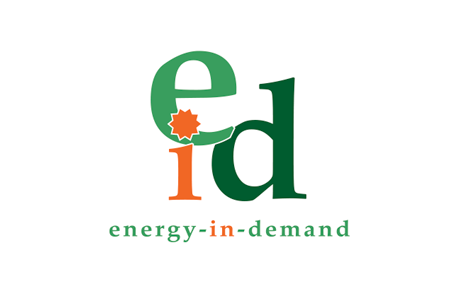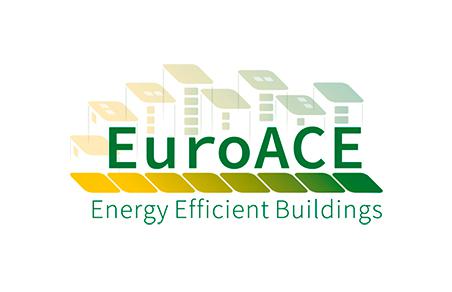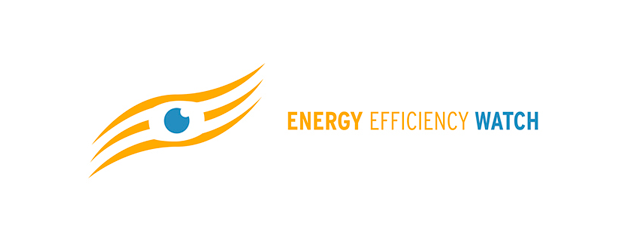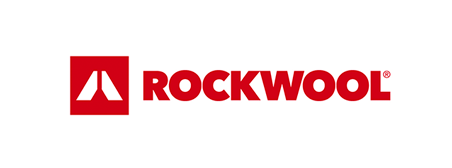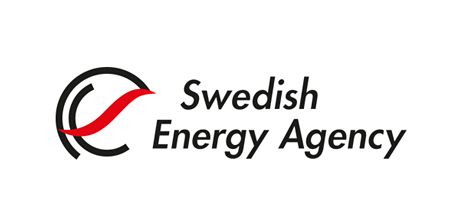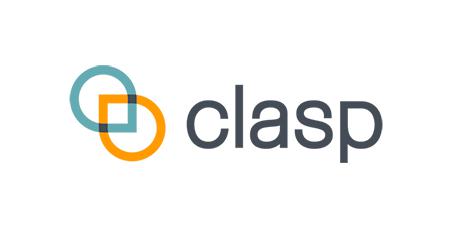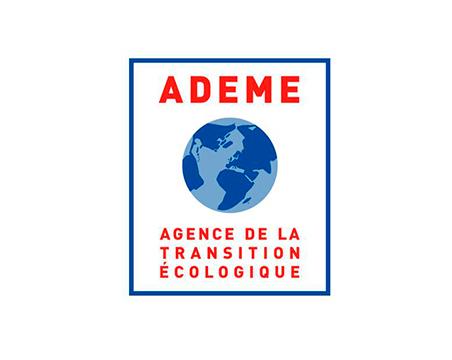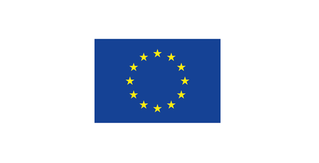Tue 14.00–15.30 | ODYSSEE-MURE workshop
Organiser: ODYSSEE-MURE
Room: Mediterranee
The new ODYSSEE-MURE project discussed the way forward. The project will, among other things, launch a European Scoreboard for energy efficiency.
See presentations from the solutions workshop in the agenda below.
Summary of panel discussion
Panellists: Didier Bosseboeuf (ADEME), Wolfgang Eichhammer (Fraunhofer ISI), Shruti Vaidyanathan (ACEEE), Jan Rosenow (RAP, Panel Moderator), Christian Noll (DENEFF), Carine Sebi (Grenoble École de Management), Nils Borg (ECEEE), Almuth Bonhage (The Coalition for Energy Savings)
Questions raised by the Panel Moderator Jan Rosenow
What is the value of such scoreboard?
- Very valuable for the topic of energy efficiency as it is easily understandable
- The scoreboard helped to get attention first, but other rankings are also coming forward (e.g. ECF: Ranking of NECPs). Thus, the scoreboard should be extended to other impacts such as job creation and health impacts.
Is there danger that countries ranked number one will lose interest in further efforts?
- The danger may exist (e.g. UK, which was prominent in the scoreboard but now dismantling EE policies), as countries could ask “why try harder?”. Combination with economic growth
What is negative feedback for scoreboards you encounter?
- Experience from the US Scoreboards: Feedback can be highly positive (US States or cities have adapted their energy/climate programmes after bad scoring) or really rejecting the results and methodologies. Information on scoring should therefore be exposed in a transparent manner.
How to deal with uncertainties in data?
- Stakeholder should be involved and could themselves provide data
How do you communicate the complexity?
- Transparency and consistency is key!
How to maximise the traction in the Odyssee-MURE project? Whom could they partner with?
- Research communication is key. Communication should be linked to action. Empower the policy makers
- This important link could be stakeholder involvement and engagement. The planed teaming up with eceee is therefore a key strategy.
- Communication on the scoreboard is to be developed as a process.
- The scoreboard should give policy recommendation. Communicate the key measures by country.
How reliable are the data in Odyssee and MURE?
- The European project partners provide high quality data
- However, some activity data is missing and there are often differences in definition. So comparability has to be improved
- The scoreboard could directly link to data to show the benchmark values transparently
- Different scoreboards can deliver different results (IEA/JRC/ODYSSEE-MURE). Comparability may be difficult.
- Change of weighting between components of the scoreboard by users might lead to confusion. However, it was clarified that this is not the case: weights are fixed and argued by the scientific coordination of the scoreboard, though brought forward for discussion.
- ODYSSEE and MURE are the best databases available for such purposes on a worldwide basis. Nevertheless, if a country complains about its ranking, it could always provide better data and help to improve the methodology. The tools can help to improve data availability.
Key messages:
- Scoreboards are very relevant to provide the big picture for energy efficiency
- Scoreboards combine evidence-based research with communication to stakeholders
- Link scoreboard results to policy recommendations based on the results
- Transparency in methodology and date is key!
- Stakeholder involvement in the validation of the scoreboard is important! (send results to 500/1000 stakeholders)
Next steps:
- After a further validation and updating phase, eceee will push forward with the public presentation of the European Energy Efficiency Scoreboard. This will probably take place at an eceee policy workshop in Brussels in February 2020.
Agenda
Introduction (Didier Bosseboeuf, ADEME, Coordinator Odyssee-MURE project). Download presentation (pdf)
1) The ODYSSEE-MURE Scoreboard - A Tool for Energy Efficiency Policy Making" (Wolfgang Eichhammer)
Focus on the output-based scoring (i.e. scoring based on actual energy savings of measures) which is a unique feature, and on the policy need to gauge own efforts compared to other countries. Download presentation (pdf)
2) How the ACEEE Energy Efficiency Scorecards are taken up in energy efficiency policy making (Shruti Vaidyanathan) The experiences made with the US and the international scorecards and how they impacted the policy making processes. Download presentation (pdf)
3) Discussion guided by Jan Rosenow.
Focus 1: Which elements of the EU Energy Efficiency Scoreboard should be most in the focus in view of the communication strategy?
Focus 2: Which elements for a communication strategy by eceee on the Odyssee-MURE Scorecard would be most needed and effective?
4) eceee’s future promotion of the ODYSEE-MURE Scorebord and activities by eceee around this issue (Wolfgang Eichhammer)









